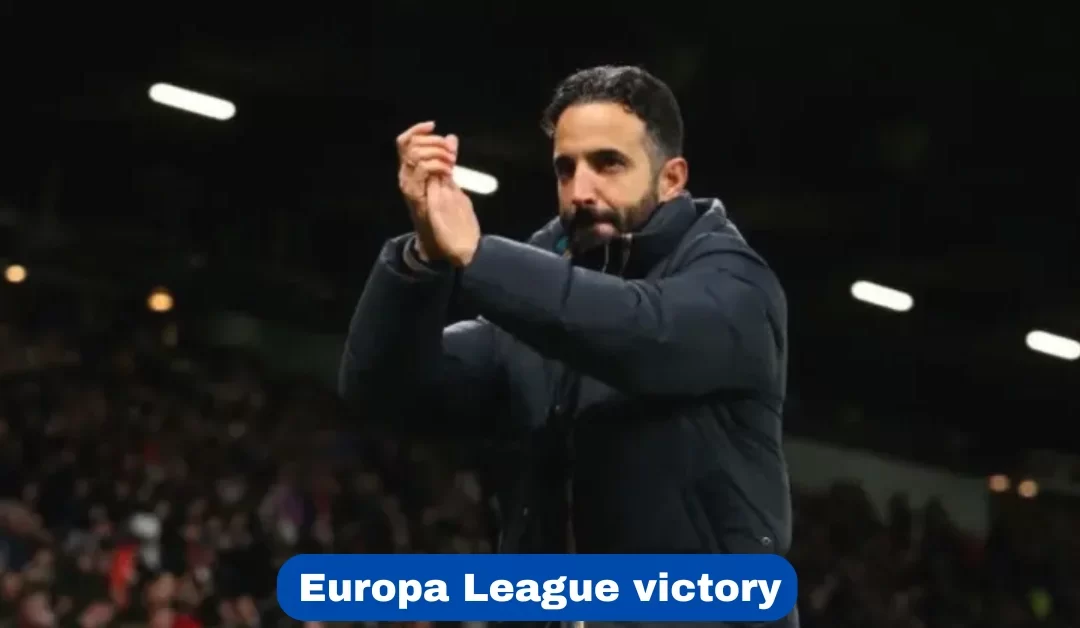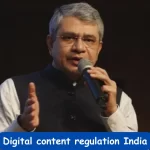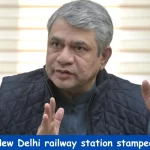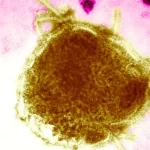New Manchester United manager Ruben Amorim celebrated a thrilling 3-2 Europa League victory against Bodo/Glimt at Old Trafford. While this win marked a positive start, Amorim admitted feeling anxious as his players adapt to his tactical approach. Here’s a closer look at the game, the challenges, and what lies ahead for United under Amorim’s leadership.
A Thrilling Start for Ruben Amorim
The match against Bodo/Glimt was a rollercoaster, with Manchester United clinching the win thanks to Rasmus Hojlund’s two goals and Alejandro Garnacho’s early opener. However, Amorim’s visible relief after Hojlund’s first goal highlighted the pressure he’s under to deliver results.
Key Moments in the Match:
- Early Impact: Garnacho scored just 48 seconds into the game, giving United a strong start.
- Comeback Heroes: After conceding two quick goals, Hojlund’s brace helped United turn the tide.
- Missed Opportunities: Despite the victory, missed chances from Garnacho and Marcus Rashford in the second half left Amorim wanting more.
Amorim noted, “We controlled the game better and created more chances, but we should have killed the game earlier.”
Injury Struggles Continue to Haunt United
Although United’s injury list is easing, the team is still feeling the effects of long-term absences. Tyrell Malacia, making his first appearance in 18 months, was substituted at halftime due to the demanding left wing-back role. Other returning players, like Luke Shaw and Mason Mount, are still regaining full match fitness.
Injury Comebacks:
- Luke Shaw: Played as a substitute, replacing Lisandro Martinez.
- Mason Mount: Made his first start since August after battling injuries.
- Tyrell Malacia: Could only manage 45 minutes on his return.
Amorim’s tactics require physically demanding roles, particularly for wing-backs, which makes the team’s recovery crucial.
Hojlund’s Performance: Promising but Room for Improvement
Rasmus Hojlund’s double was vital to United’s win, showcasing his aggressive play in the box. Amorim praised the striker but highlighted areas for growth.
Amorim’s Take on Hojlund:
- Positives: “He’s a quality player who scores difficult goals and is vital in transitions.”
- Improvements Needed: “He sometimes takes too many touches when holding the ball. He needs to improve his efficiency.”
- Fitness Concerns: “He was exhausted by the end, but he gave everything.”
Hojlund’s role as a central striker is crucial to Amorim’s tactical setup, and his development will be key to United’s success.
Challenges of Implementing New Tactics
Amorim’s decision to use a wing-back system is a significant shift for Manchester United, which hasn’t employed such a setup in recent years. With limited time to train, the players are still adjusting to his demands.
Adapting to Amorim’s System:
- Limited Training: Amorim has had only a few full sessions with the squad.
- Wing-Back Roles: The system requires high physical output and tactical awareness.
- Maintaining Consistency: Amorim’s strategy involves keeping non-starters in full training to maintain fitness and readiness.
Amorim acknowledged the challenges, saying, “I get anxious because I don’t know the players well yet, and we haven’t worked together much. Every game feels unpredictable.”
Support from Fans A Boost for Amorim
Despite the challenges, Amorim is already winning over Manchester United fans. His reception at Old Trafford was warm, with supporters creating a chant for him and applauding his efforts.
Amorim’s Reaction to Fan Support:
- Feeling Welcome: “Half the stadium doesn’t know me, but the way they supported me made me feel like one of them.”
- Gratitude: “I hope not to disappoint them and to earn their trust.”
This strong backing will be crucial as Amorim navigates the high-pressure environment at United.
What Lies Ahead for Manchester United
The road ahead for Amorim is packed with challenges. With United facing a packed fixture schedule, the Portuguese manager has little time to implement his vision fully.
Upcoming Challenges:
- Fixture Congestion: The longest gap between games until January is just four days.
- Squad Management: Balancing player fitness and tactical training will be critical.
- Consistency: Building momentum with a new system and under pressure to deliver results.































